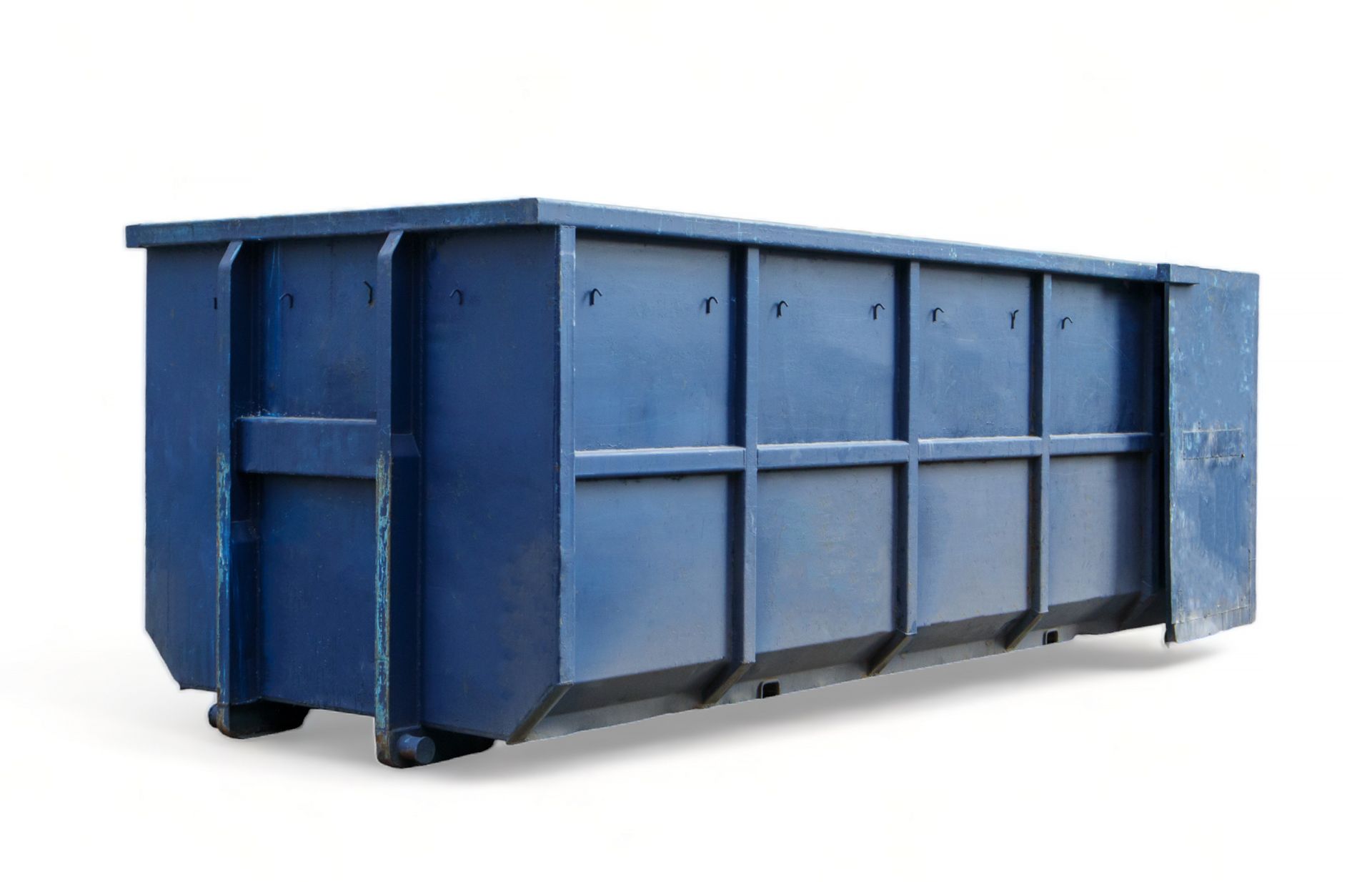
DUMPSTER BAGS
Dumpster Bag Pickup Made Easy.
JAWS handles your dumpster bag from start to finish — fast, affordable, and hassle-free.
Effortless Junk Removal in 3 Simple Steps
1
Step 1: Order your dumpster bag
Click the “Order Your Dumpster Bag” button and follow the checkout steps. Once your order is complete, your dumpster bag will be shipped directly to your designated address.
2
Step 2: Fill It. Place It. We’ll Handle the Rest.
Once your bag arrives, fill it at your own pace with household junk, debris, or project waste — just be sure to keep it within the weight and fill lines. When it’s full, place it in an open, easily accessible area like your driveway, curb, or job site. This ensures our JAWS crew can safely lift and remove it without delays or damage.
3
Step 3: JAWS Picks It Up — You’re Done!
Once you schedule your pickup, our professional crew arrives on time and ready to work. We’ll lift and remove your Dumpster Bag safely and efficiently — no hassle, no mess. Before leaving, we make sure the area is clear and your space looks better than when we arrived.

See How Our Team Simplifies Your Dumpster Bag Pickup — Fast.
From curb to completion, we make the process effortless, reliable, and done right the first time.

Dumpster Bags for Contractors
Contractors can use the Dumpster Bag as a cost-effective solution for debris removal and disposal on small to medium-sized projects such as bathroom remodels, kitchen demolitions, and other renovation work. The Dumpster Bag is flexible enough to fold up for easy storage in a truck yet durable enough to handle tough materials from construction, landscaping, roofing, concrete, and stonework projects.
WHAT ONE DUMPSTER BAG CAN HOLD
- Drywall (½" thick, 4' x 8' sheets, approx. 70 lb per sheet): Up to 47 sheets
- Wall Studs (wood or metal, 8' x 2" x 4"): Up to 180 studs
- Roofing Shingles (30-year asphalt): 8–10 squares
- Carpet Up to 900 sq. ft.
- Tile (ceramic, glass, or porcelain): Up to 900 sq. ft.
- Hardwood Flooring Up to 1,280 sq. ft.
Built tough to handle your next project — big or small.
FAQs
Acceptable Materials in the bag
Flooring
Plywood
Tile
Bathtub
Cabinets
Trim Materials
Doors
Drywall
Insulation
Construction Debris
Packaging Materials
Windows
Sinks
Plaster
Carpet
Roofing Shingles
Paneling
Siding
Demolition Debris
Toilets
Screens
Household Junk
Broken Toys
Bikes
Rugs
Carpets
Lawn Furniture
Old Luggage
Wooden Furniture
Metal Furniture
Heavy Debris
Asphalt
Brick
Concrete
Sand
Rock
Grill (without propane tank)
Exercise Equipment (electronics removed)
Unacceptable Materials in the Bag
Electronics
Hot Materials
Asbestos
Propane
Chemicals
Railroad Ties
Fluorescent Bulbs
Toxic or Hazardous Waste
Fuel
Liquids
Medical Waste
Paint
Oil
Food Waste
Tires
Batteries
Appliances
Water Softeners
Water Heaters
Pick Up Rules
1. Your Bagster bag must be at least 5 ft from any structures, fences, trees, vehicles, or other objects that may obstruct collection or be damaged during collection.
2. Your Bagster bag must not be placed under any wires, trees, or overhead structures that may obstruct collection or be damaged during collection.
3. Your Bagster dumpster bag must be placed on your property or contracted site requiring only construction debris removal – not on public sidewalks, streets, or other public property.
Is the Bag Reusable?
For safety reasons, the dumpster bag is single-use only and cannot be reused.
Once collected, the bag and all its contents are permanently disposed of. If you have ongoing projects, you’ll need to order a new bag for your next load.
What Happens if my Bag Tears?
Minor puncture or tear? No problem. You can continue to use your bag as long as the sharp object causing the damage has been removed or repositioned.
Inspect the area to ensure no further tearing will occur before continuing your project safely.
How do I load heavy material?
When loading heavy materials—such as dirt, brick, rock, sod, concrete, sand, asphalt, plaster, or stucco—limit these items to one cubic yard placed at the bottom of the bag.
You can then add lighter debris on top, filling up to the bag’s upper edge for maximum use of space. This helps balance the load and ensures safe, compliant removal.
General Tips and Questions
Lifting Straps
Before filling your bag, ensure all yellow lifting straps are positioned outside the bag. This ensures a safe and efficient pickup later on.
Setting Up Your Dumpster Bag
- Unfold your bag completely before filling.
- Stand inside and, starting in one corner, fold the sides outward and down—this will help the bag hold its shape.
- Roll the sides back up as you fill with debris to keep the structure firm and accessible.
Following these steps helps your dumpster bag stand upright and load evenly throughout your project.
Safety Tips
You may fill your bag up to the top edge—but do not overload it.
The yellow lifting straps must connect above the bag for proper collection.
If your bag is overfilled or straps are obstructed, additional fees may apply or pickup may be rescheduled.





